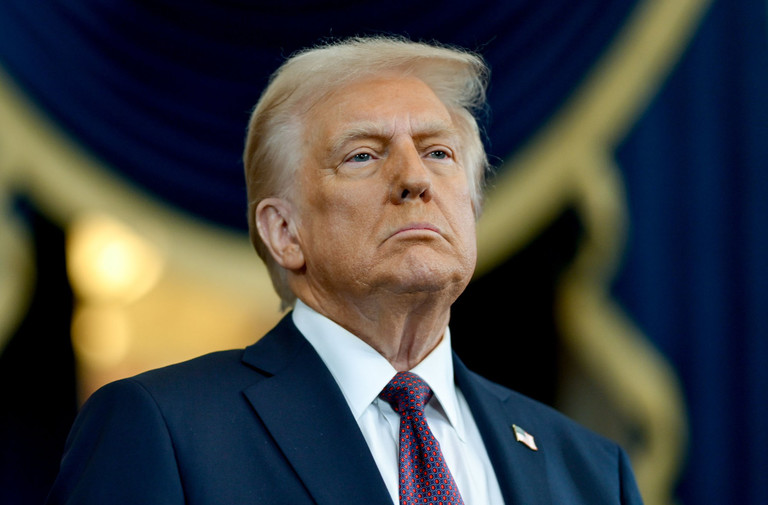Small businesses fighting President Donald Trump’s tariffs are surprisingly on the same page as him, pushing for a quick Supreme Court review of the case. These tariffs, which have stirred up global trade, are causing headaches for businesses, and both sides want answers fast.
Just last week, a federal appeals court said Trump went too far with his tariffs, ruling he overstepped his powers under a 1977 law meant for national emergencies. Trump didn’t waste time, asking the Supreme Court on Wednesday to take up the case and put it on a fast track, with arguments as early as November. In a filing on Friday, the businesses challenging the tariffs agreed, saying they’re hurting from higher prices and supply chain chaos caused by the levies.
The stakes are huge. If the Supreme Court rules against Trump, the average U.S. tariff rate, now at 16.3%, could drop by half, and the government might have to refund billions. That could also mess up trade deals Trump has been working on with other countries, according to Bloomberg Economics analyst Chris Kennedy. For now, the tariffs are still in place because the appeals court paused its ruling to give Trump time to appeal.
The tariffs in question include Trump’s “Liberation Day” levies from April 2, which slap 10% to 50% taxes on most U.S. imports, depending on where they’re from. These are the biggest import taxes since the 1930s Smoot-Hawley tariffs, pushing U.S. rates to a 100-year high. The case also covers tariffs on Canada, Mexico, and China, which Trump tied to fighting fentanyl trafficking.
This legal fight comes from two lawsuits: one from a group of small businesses and another from Democratic-led states. They argue that the 1977 International Emergency Economic Powers Act doesn’t give Trump the power to impose such broad tariffs just by claiming an emergency. The appeals court, in a 7-4 decision, agreed, backing an earlier ruling from the U.S. Court of International Trade. Both courts said the law’s mention of “regulating” imports doesn’t include sweeping taxes like these.
The Supreme Court, with its conservative majority, has often sided with Trump’s bold moves, so this case will be a big test. The administration wants the Court to decide by September 10 whether it’ll take the case, with a ruling possibly by year’s end. Trump’s team, led by Solicitor General D. John Sauer, warns that striking down the tariffs could hurt ongoing trade talks and unravel deals already in the works.
For businesses, the tariffs are a daily burden, jacking up costs and snarling supply chains. A quick Supreme Court decision could bring clarity—whether it’s good or bad news for their bottom lines.
